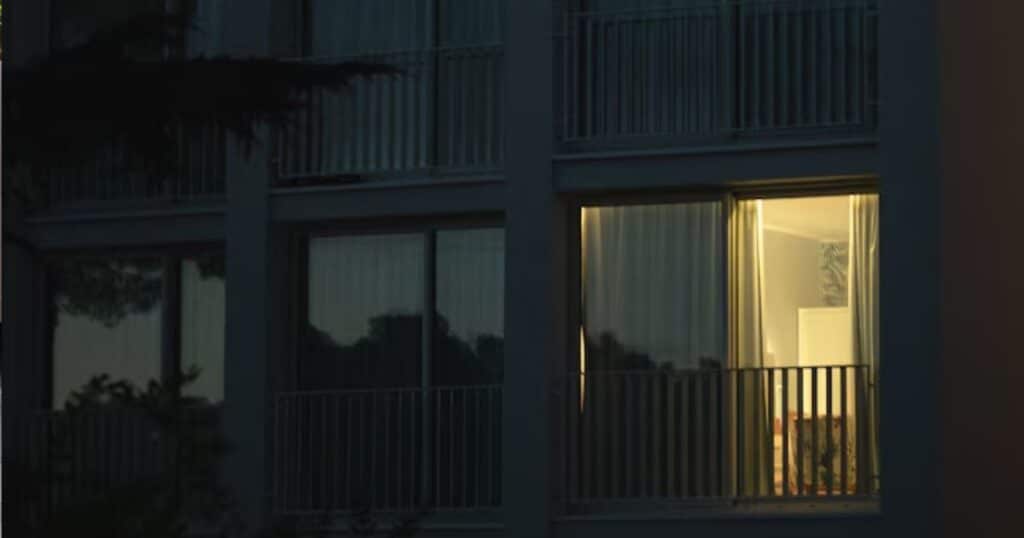Yesterday afternoon, many households suddenly went dark. Without warning, without time to charge the cell phone, without knowing how long it would last and our eyes focused on the food in the freezer. A blackout that reminds us that, even if we have tariffs with time discrimination or efficient appliances, we still depend on a centralized network that can fail at any time. It is no longer just at home, but also in the supermarket queue if you don’t have cash on you or getting gas becomes impossible.
Are solar panels of any use if the power goes out?
The reality is more complex than it seems. Most homes with solar panels in Spain (and in much of the world) have “on-grid” systems. That is, they are still connected to the grid.
This allows them to consume their own energy during the day and, if they generate more than they use, send the surplus to the grid in exchange for financial compensation. At night or on cloudy days, they simply draw power from the grid like any other user.
So why do I run out of light if I have panels?
When the grid goes down, and for a very important safety reason, the inverters of these installations detect the loss of voltage and shut down automatically. This is called“anti-islanding protection“. The reason is simple: if thousands of homes were to keep sending power to a downed grid, it could be lethal for the technicians working to repair it.
So yes, even if you have solar panels, if they are connected to the grid without batteries, your house will be without light like any other.
There are only two ways to have solar light in a power outage
- With an off-grid solar system, which does not depend on the grid and stores its own energy.
- With a system connected to the grid but with special batteries and inverters that, upon detecting the outage, disconnect the house from the grid and continue to feed it with solar and stored energy. This is called island mode or “back-up”.
Most households do not have this option
According to the Annual Photovoltaic Report of the Spanish Photovoltaic Union, only 33% of residential solar installations in Spain have batteries. That is, most homes with solar panels would still be left in the dark in a blackout like yesterday.
And just in those moments, it becomes clear to you
When the concept of “energy independence” becomes tangible, that’s when many discover that they are missing the key piece: storage.
Batteries for photovoltaic installations allow the energy generated during the day not only to be consumed instantly or fed into the grid, but also to be conserved for use when it is needed most: at night, on cloudy days, or when the grid fails.
Having panels is fine. Having panels with batteries is another story.
The good news is that more and more households are taking this step. If you are also thinking about protecting your home against blackouts and gain independence, you can consult our photovoltaic installations for homes and talk to our technicians for advice without obligation.
Because in a blackout, having light is not luck. It is foresight.
